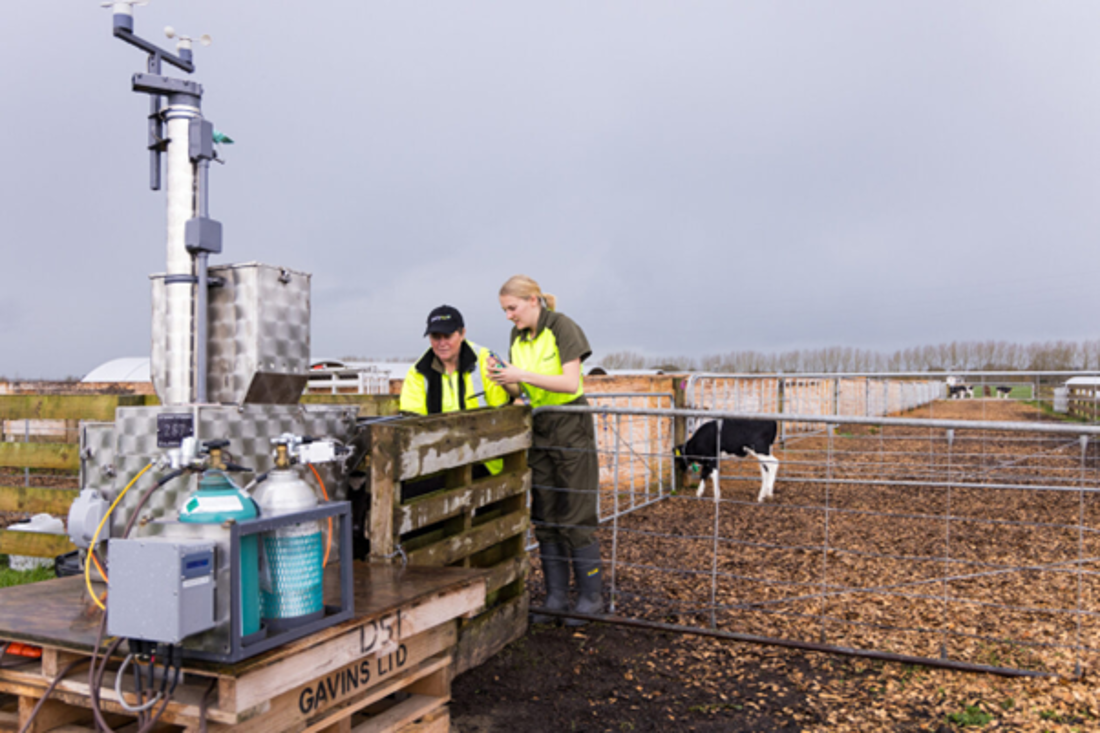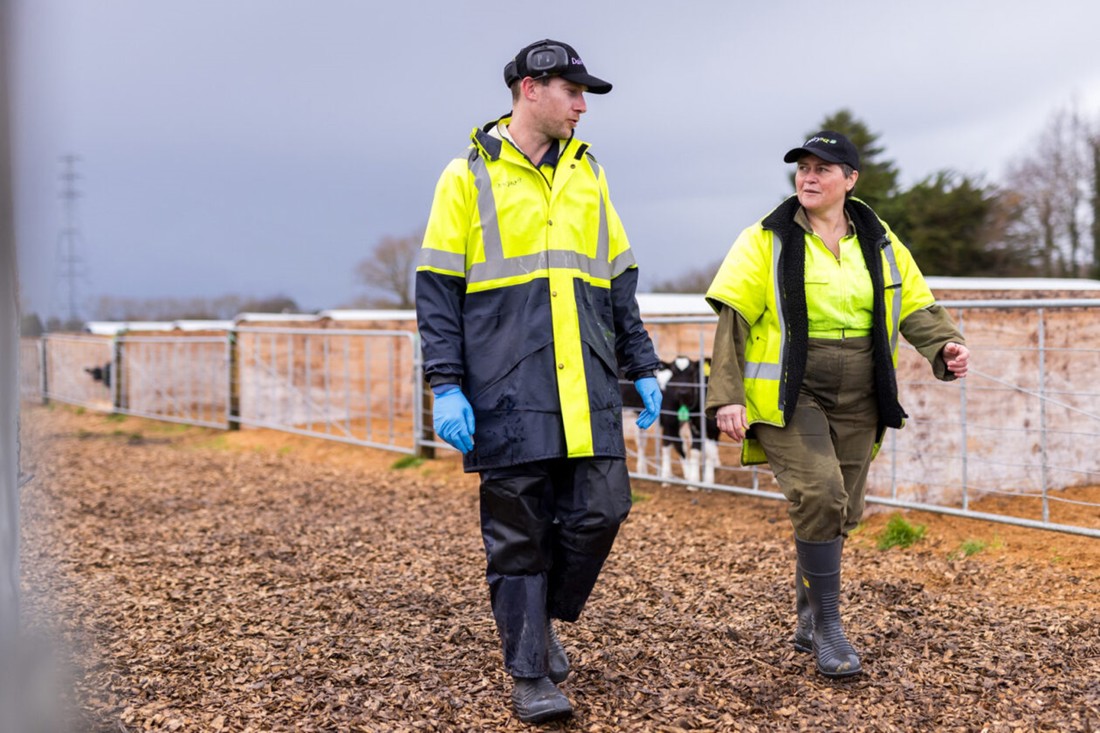Less-Methane
4 min read
DairyNZ's reduced greenhouse gas (GHG) emissions team is exploring solutions to reduce emissions on New Zealand farms. While there are some technologies successful at reducing methane abroad, the challenge lies in adapting these, or developing new solutions that are effective in New Zealand's pasture-based systems. DairyNZ is supporting research into developing a range of solutions to reduce methane that are adoptable and viable in our pastoral farms. The team is focused on accurate national methane accounting to reward farmers' mitigation efforts.
New Zealand’s pasture-based farms produce low emissions by global standards. We want to retain and build on this advantage by developing viable and scalable solutions that work on NZ farms.
DairyNZ is working together with other research organisations and commercial companies to develop adoptable options that reduce methane and total GHG emissions on NZ dairy farms.
New Zealand’s pasture-based farms are among the world’s most emissions efficient. Consumer and dairy supplier expectations are a driver for dairy farmers to continue reducing emissions, so NZ can remain competitive in the market. Finding solutions to help farmers reduce emissions while maintaining on-farm profit remains a research priority.
Most of the research on methane mitigation technologies is completed at Lye Farm, one of DairyNZ’s two Waikato research farms. Lye and Scott Farms are an important sector resource, enabling scientists to carry out pasture, animal, and farm systems trials under relevant conditions. This ensures the technologies and tools developed are practical and can be widely adopted into different farm systems and contribute to a reduction of total farm greenhouse gas emissions.
Methane reducing compounds are being used successfully overseas as they are continuously delivered to cows in feedlot or housed farming systems through total mixed rations (TMR). A challenge in NZ is finding how to best incorporate compounds into our pasture-based dairy farms. We are also studying the impact on animal health and performance, milk composition and quality, and farm economics.
It takes time to complete robust research into new solutions on New Zealand dairy farms, and many options also need regulatory approval.
Learn more about how methane and on-farm emissions are produced.

Over the past 20 years, potential technologies to reduce methane emissions have emerged from all over the world. DairyNZ is focused on potential technologies that fit within NZ’s pasture-based systems. There are a lot of moving parts. Take a look at the breakdown below to see what's involved:
Feed additives
Cow diet
Animal
Farm system
Advocacy
There is no one-size-fits-all solution to methane mitigation on-farm, which is why our research team are working with farmers to help create a suite of methane mitigating 'packages' to suit a range of farm systems.
Farmers will have the freedom to choose what method they would like to adopt to reduce methane emissions on their farm.
This will allow farmers to choose the solutions which best fit their farm systems and farming goals.

Methane is a big topic and it’s a pressing concern for our sector. We need to reduce our emissions, while improving profitability – but how?
In this episode, recorded at DairyNZ’s Lye Farm, you’ll hear about the options being tested by our scientists. DairyNZ principal scientist Dr Jane Kay and technical team leader Olivia Jordan take us on a walk around Lye Farm’s world-class research facilities, explain when you might start seeing solutions, and discuss other methane research being done across the sector.
You can also hear more from Dr Jane Kay, in this earlier episode of Talking Dairy where she explains what tools offer the most promise to reduce emissions on New Zealand dairy farms.
Jane leads the research team of DairyNZ's reducing greenhouse gas emissions programme. She enjoys working with farmers and other stakeholders to provide solutions that help the dairy sector farm into the future.
Research teamNow’s the perfect time to check in, plan, and set up for a strong season. We’ve pulled together smart tips and tools to help you stay ahead all winter long.
Whether you prefer to read, listen, or download handy guides, we’ve got you covered with trusted tools to support your journey every step of the way.